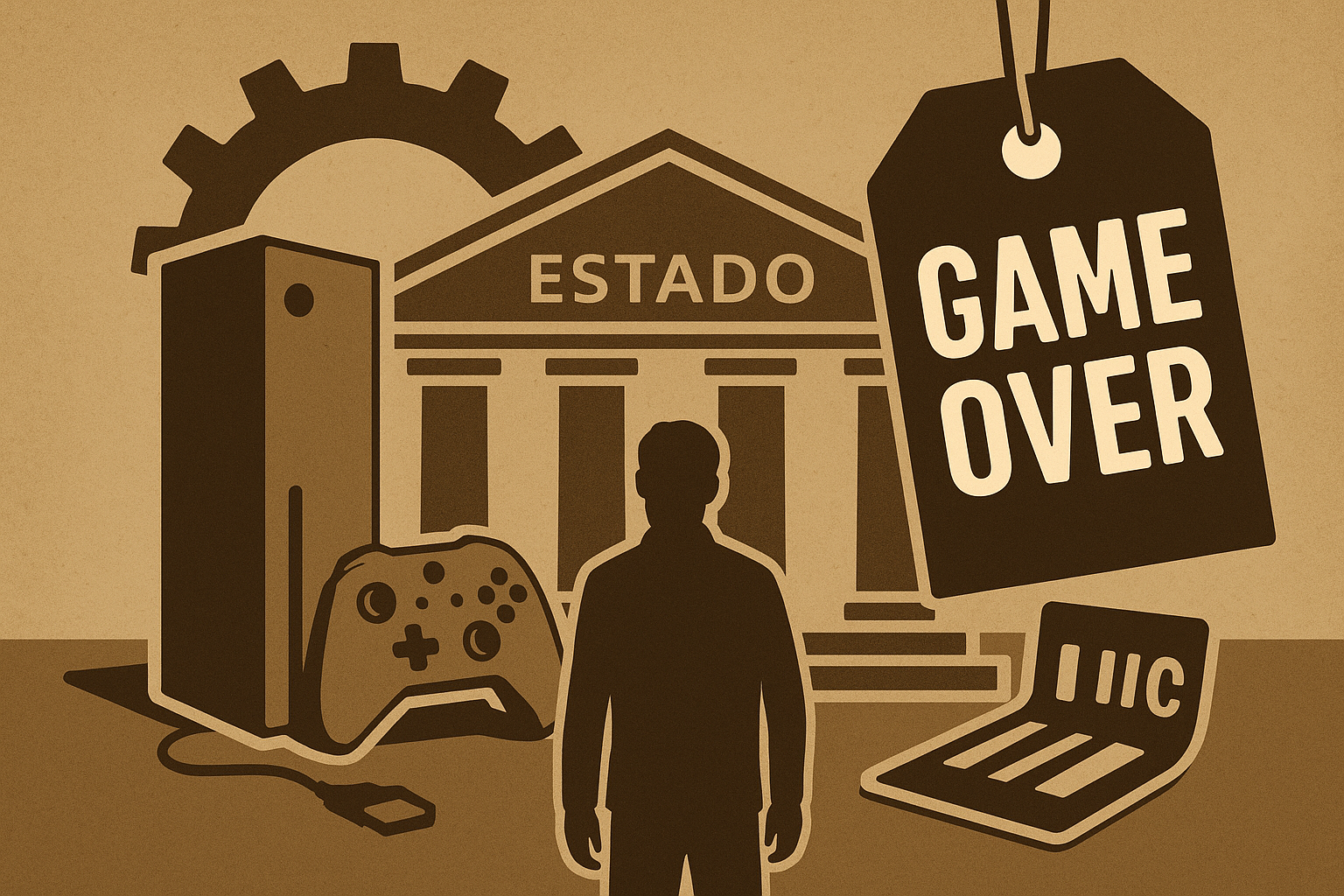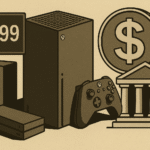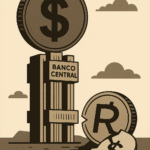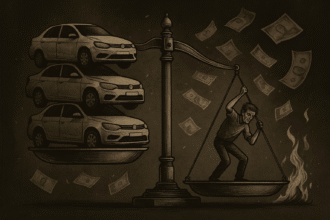Brazilians are paying more and more even to have fun. The gaming sector, one of the most accessible and innovative in the world, is also suffering from the effects of Brazilian economic policy. The recent US protectionist escalation, such as the tariffs imposed by Trump on domestic steel source: CNN Brazil, worsens the global scenario. For Brazil, the impacts are multiplied by a suffocating fiscal structure and a currency in free fall source: Agência Brasil.
Companies like Nintendo already recognize the impossibility of maintaining competitive prices in the country source: State of Minas. In this post, we analyze how protectionist tariffs, inflation and a weakened real transform digital entertainment into a luxury item — and freedom of choice into an illusion. The politics of backwardness even extends to those who just want to play.
The policy that turns leisure into a privilege
What should be a vibrant and accessible sector is becoming yet another minefield of taxes, bureaucracy and government control. Consoles are becoming more expensive, games are being released at impractical prices and platforms are struggling to operate in the country. Not because of market failure — but because of government overreach.
The situation was anticipated in our two previous texts: “Microsoft raises prices and confirms what we have already said” and “While the dollar rules, the real obeys”. Both showed how rising prices are not a market error, but a predictable effect of the devaluation of the real and the interventionist model that sabotages consumption.
Protectionism disguised as cultural policy
Every time the State interferes in the market under the pretext of “protecting the national industry”, it creates distortions. In the gaming sector, this translates into absurd tariffs, import costs that make simultaneous launches unfeasible, and artificial barriers to the entry of digital platforms.
It's the same old formula: using the discourse of sovereignty or national culture as a justification for maintaining privileges, cartels and disguised tax collection. The result is the opposite of what is promised: less access, less diversity and less innovation.
Brazil pays more and plays less
In countries with strong currencies, fiscal stability and economic openness, access to digital entertainment is broad, cheap and decentralized. In Brazil, it is the opposite.
Games that cost US$59.99 in the US now cost R$399 here — if not more than R$500 with taxes and fees. Meanwhile, digital infrastructure suffers, private investment shrinks, and piracy becomes, for many, the only option.
The State as a dominant player
What we see is not a market failure, but the success of the State in capturing entire sectors to maintain its revenue collection and control logic.
Economic freedom is being undermined not only in productive sectors, but also in symbolic and cultural spaces. When even leisure becomes hostage to protectionism, it becomes clear that the problem is systemic — and freedom has become an exception.
Conclusion
Summary of ideas:
The increase in game prices, abusive tariffs and unfavorable exchange rates are not isolated events. They are direct consequences of a model that criminalizes consumption, strangles the currency and transforms the market into a field of revenue collection.
Final reflection:
While the world plays, Brazilians watch from the stands. Not for lack of will — but because the State has taken up every last bit of freedom of choice. It is the politics of backwardness in its cruelest form: one that infiltrates even what should be simple, free and fun.
📩 Do you want to understand how the State affects your pocket — even in your leisure time?
Subscribe to the newsletter Economic Radar and receive our analyses directly in your email.





